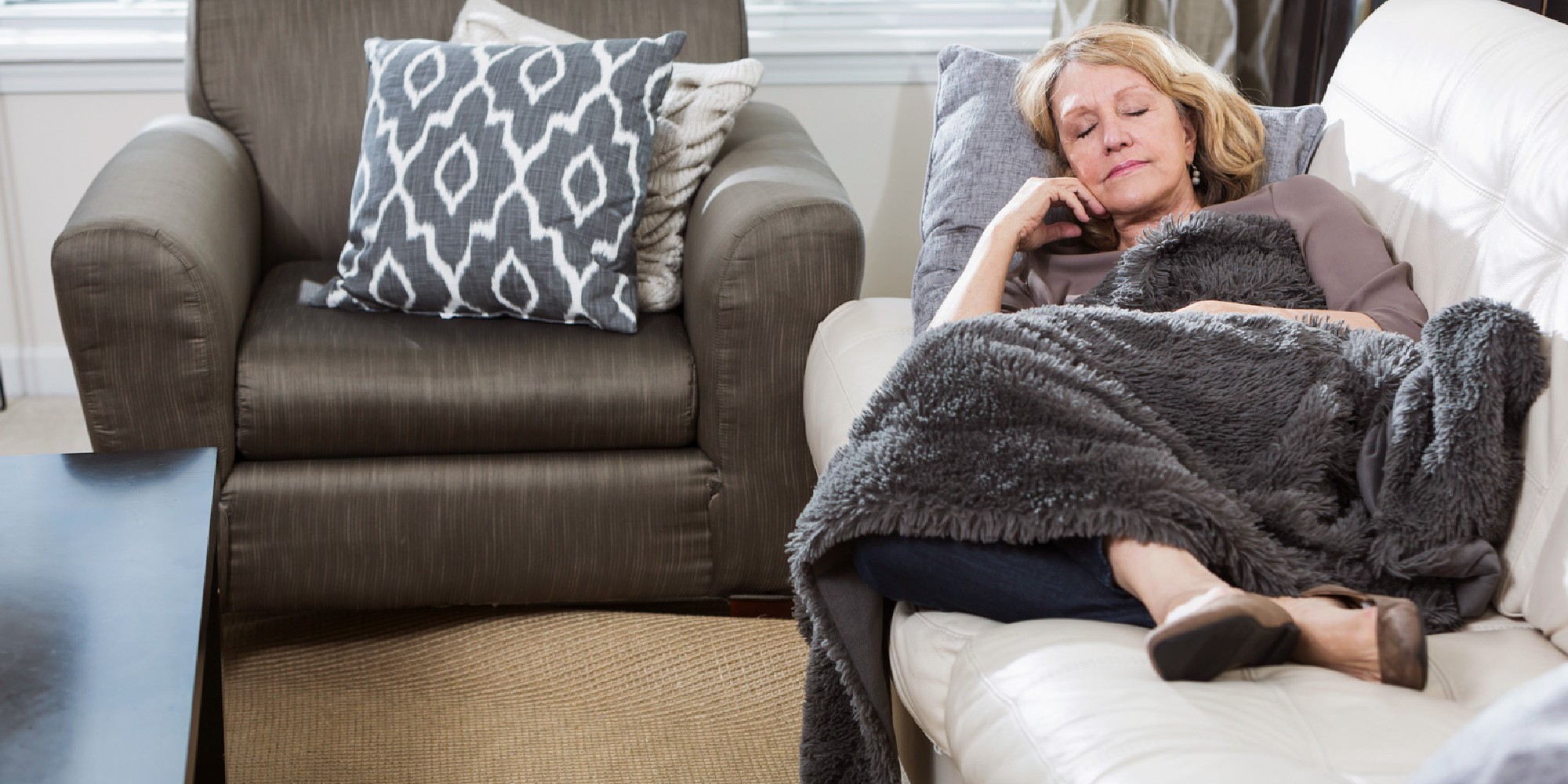
The benefits of napping
by KinCare — 6 December 2021
Nothing beats a relaxing afternoon nap if you need a little pick-me-up to get you through the day. And now you don’t need to feel guilty for it! According to a recent study, a short nap is good for overall health and can lower the risk of heart disease.
At KinCare, we recently spoke to some sleep experts to find out why napping can be good for you. We also learnt some tips on how to take your nap-time to the next level!
The good news is that a daytime nap “is not the worst idea in the world as you get older”, says psychologist Dr David Morawetz from sleepbetter.com.au. “But, if you’re going to get the benefits from it you need to nap in a way that doesn’t interfere with your sleep at night,” he says.
Dr Morawetz recommends taking your daytime snooze no later than 2pm. He also says if you’re about to nod off in front of the television, get up and go to bed straight away.
“One of the worst things you can do is nap in front of the television at night.” Dr Carmel Harrington, a sleep expert from ResMed, agrees that there are benefits to daytime naps, if you do them right.
“Get them right and you will feel energised right up until it’s time for bed – get it wrong and you’ll feel worse than before the nap,” she says.
Dr Harrington recommends napping for no longer than 20 minutes. If you sleep any longer, you’ll fall into a deep sleep and find it much harder to wake up feeling energised and fresh.
If you find you are napping for longer than 20 minutes or you feel so tired you could do with more sleep during the day, Dr Harrington suggests chatting to your GP about your sleep patterns. Sleep is essential to good health and even as we age, it’s important to be getting enough quality sleep.
“There’s a belief that as we get older it’s natural to experience sleep difficulties but that’s not correct. We do sleep a little more lightly as we get older, which means you might wake up more during the night, but you should fall back to sleep again. If you don’t, or you’re getting 6-8 hours of sleep but still find you’re very tired during the day, speak to your GP,” says Dr Harrington.